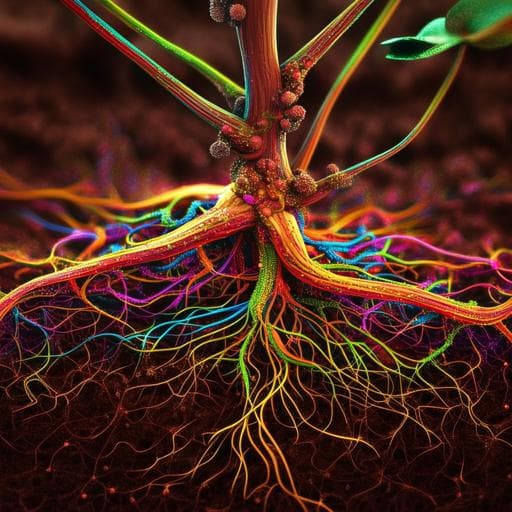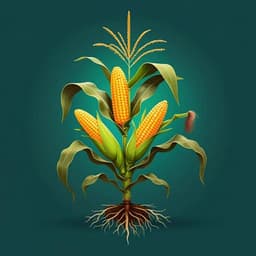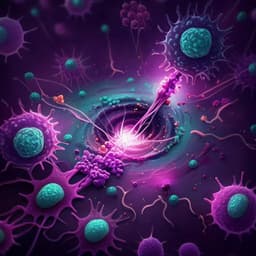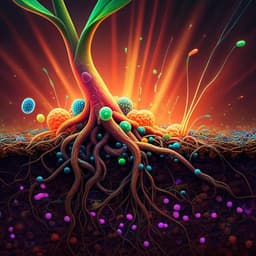
Agriculture
Growth, ionic homeostasis, and physiological responses of cotton under different salt and alkali stresses
H. Guo, Z. Huang, et al.
This study by Huijuan Guo, Zhijie Huang, Meiqi Li, and Zhenan Hou explores the impact of various salt-alkali stresses on cotton growth. Discover how these stresses affect ion absorption and physiological responses, revealing the plant's adaptability through antioxidant systems and ionic equilibrium adjustments.
~3 min • Beginner • English
Related Publications
Explore these studies to deepen your understanding of the subject.







